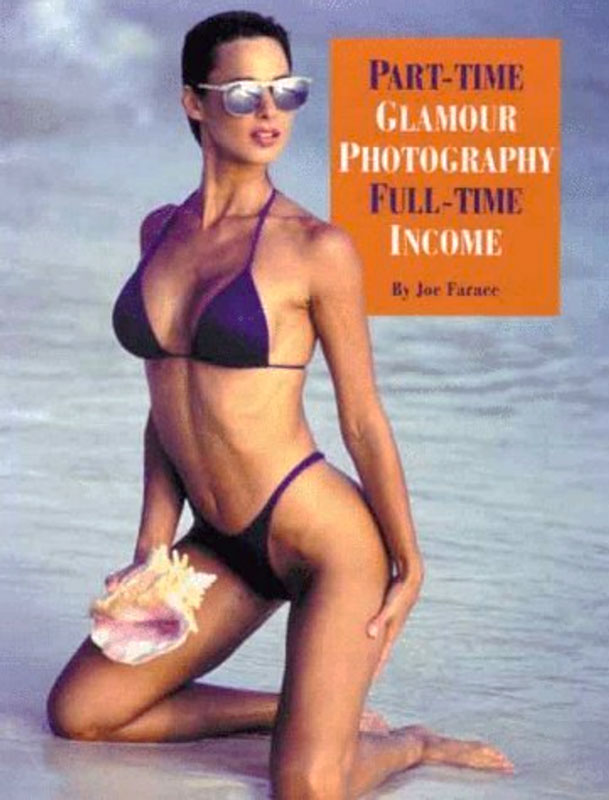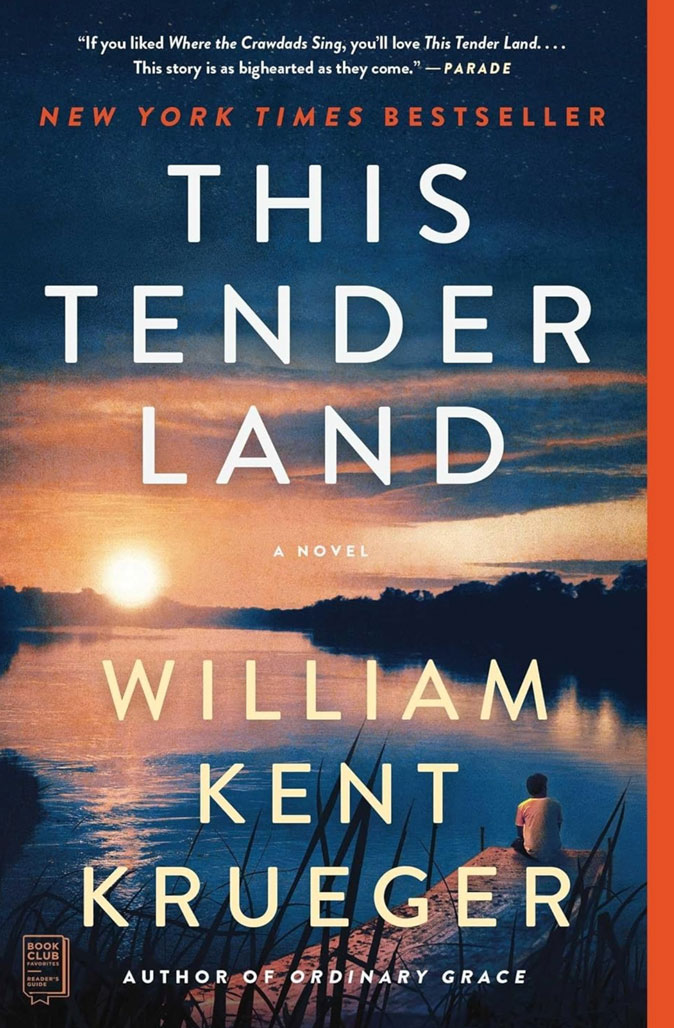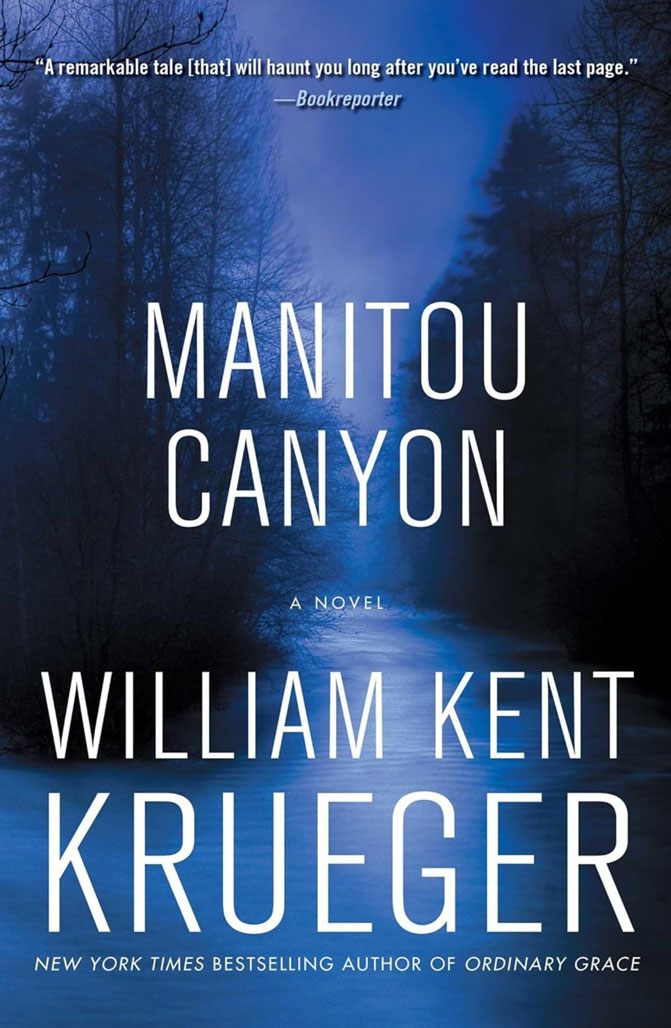Today’s Post by Joe Farace
No matter what people tell you, words and ideas can change the world. —Robin Williams
One of the questions I’m asked about my writing is: “Where do you get the ideas for your books, magazine articles, and blog posts?” Since this is Joe;s Book Club, let’s take a look at Book ideas:
 Most times. my ideas just pop into my head while I’m just doing nothin’. Sometime I get what I call “shower ideas.” While I’m washing, shampooing and rinsing. my brain is in neutral and ideas sometimes—more often then you might think—just materialize. Based on conversations I’ve had with other writers (or read about) they’ve had similar experiences!
Most times. my ideas just pop into my head while I’m just doing nothin’. Sometime I get what I call “shower ideas.” While I’m washing, shampooing and rinsing. my brain is in neutral and ideas sometimes—more often then you might think—just materialize. Based on conversations I’ve had with other writers (or read about) they’ve had similar experiences!
Once an idea came from a friend and collaborator who suggested the concept for Part-time Glamour Photography, Full-time Income. It was probably the easiest, most successful book pitch I ever made and we even sold some copies. Having been written in 1999, it’s old in Internet years (they’re like “dog years”) but it’s mostly a book about the business of glamour photography and while some of the references are analog, there’s still something there that would be worth your $6.72 (used) as I wrote this
Sometimes odeas originate with the book publisher but not all publisher’s ideas work out. I was once approached by a publisher well known for one of their book series (it rhymes with “gummies”) to write a book about digital black and white photography. They asked me to prepare an outline based on their guidelines and write a sample chapter—something I’d never been asked to do in my 37 other published books. This chapter was written, illustrated and guided by their more-than-suggestions but their editorial board didn’t like it. When they asked me to write another sample chapter I declined and told them, “I had already seen that movie and Lucy always pulls the football away.” The funny thing is I eventually got to write a similar book—Creative Digital Monochrome Effects—for another publisher. And no, I didn’t get to re-use that sample chapter.
Once I was asked to ghost write a book for a famous photographer who would just supply the photographs and I would write a book around them. You may have even read a few books like that but didn’t know how they were produced. According to Amazon, “Eighty percent of ‘big name” books are ghostwritten…” The publisher wouldn’t tell me who the photographer was until I signed the contract. I asked if I could get a byline like many ghost writers get with my name on the cover (smaller than Mr. X’s, of course) such as “with Joe Farace” but they declined, so I declined too. Writing a book is a lot of work and I didn’t—and still don’t—want to help somebody else make more money and get more famous without some kind of recognition for my work.
Book Review: This Tender Land
 William Kent Krueger’s mystery novels are built around around ex-sheriff Cork O’Connor and his extended family. Not so with 2019’s This Tender Land, a novel I highly recommend to anyone looking for a feel good read.
William Kent Krueger’s mystery novels are built around around ex-sheriff Cork O’Connor and his extended family. Not so with 2019’s This Tender Land, a novel I highly recommend to anyone looking for a feel good read.
It’s written from the perspective of an eighty-something year-old Odie O’Banion, looking back to his youth. He tells a Depression Age story—Odie loves to tell stories and they abound in the book— how, as a 12-year old. he made a journey, along with his “family,” across the USA. As the young Odie learns about life on the road, his story will ultimately leave you with a smile on your face and a tug at your heart.
The book, more or less, begins with Odie and his brother, who are orphans, being sent to an Indian school where they make friends with Mose, a mute native American. The school is run by a cruel husband and wife and Odie, his brother and Mose decide to escape. they take Emmy. a young orphan girl who seems to have precognitive powers with them on a journey that begins with them going down a river in a canoe. Thus begins a saga that Krueger says was influenced by Twain’s Huckleberry Finn but, to me, seems more like it was inspired by The Odyssey by Homer. While Odie doesn’t run into any cyclops or other mythical creatures, Krueger hits you over the head with this similarity near the end of the book.
Odie and his vagabond gang journey across the landscape of Depression era America, meeting all kinds of people from residents of hobo jungles to faith healers that have a tent show to people just helping people get through tough times. Odie learns a lot about life and just when you think he’s got it figured out, he doesn’t. There’s a surprising near-finale that ties up a lot of loose ends some of which you didn’t know were loose and could have just as easily come out of the imagination of Alfred Hitchcock. Krueger switches it up for the actual end of the story that leaves a warm, fuzzy but realistic ending.
Yes, this book is more Anne of Green Gables than Mike Hammer and doesn’t seem to be the kind of book I typically read but that’s what’s great about reading. There are all kinds of books out there that you can enjoy.
By Contrast…Manitou Canyon
 William Kent Krueger’s Manitou Canyon is one of his bread-and-butter mystery novel. It’s a 2017 book featuring Cork O’Connor and increasingly, with newer novels, his extended O’Connor family. As this family has grown, first with the sister of Cork’s dead wife, then her new husband, then his daughter’s newly adopted son, then the same daughter getting married and then Cork himself getting more or less engaged at the end of the book…the beat goes on. As the cast of characters gets too big, all this extra personnel seem to dilute the story. Yes, some writers can pull it off as David Milch did with Deadwood (until HBO killed the best TV show ever broadcast) but that’s the exception.
William Kent Krueger’s Manitou Canyon is one of his bread-and-butter mystery novel. It’s a 2017 book featuring Cork O’Connor and increasingly, with newer novels, his extended O’Connor family. As this family has grown, first with the sister of Cork’s dead wife, then her new husband, then his daughter’s newly adopted son, then the same daughter getting married and then Cork himself getting more or less engaged at the end of the book…the beat goes on. As the cast of characters gets too big, all this extra personnel seem to dilute the story. Yes, some writers can pull it off as David Milch did with Deadwood (until HBO killed the best TV show ever broadcast) but that’s the exception.
The book centers around a search for a wealthy architect who goes missing while camping in Minnesota’s Boundary Waters Canoe Area Wilderness. O’Connor is hired by the missing man’s grandchildren and during the search he and the granddaughter are kidnapped ostensibly by the same people who disappeared the old guy. If this sounds familiar it because every mystery writer has—it seems to me—to write certain kinds of stories: The first is the one where hero is accused of murder, something that happened in Spotswood’s new book Dead in the Frame that’s highly recommend. The second trope is the hero or the hero’s loved one being kidnapped by the bad guys. That’s this one. These sub-genres can be interesting, as this one surely is, but the repetition can wear down an avid mystery fan.
Because there’s double-crosses, explosions and political intrigue, Manitou Canyon seems more like a thriller than one of Kueger’s normal mystery novels. Even with my quibbles, the book is thoroughly engaging and frankly there is a certain “comfort food” feeling about hanging out with the O’Connors, even as the family gets bigger—until it doesn’t, something Krueger seems to have figured out for himself in Spirit Crossing. No Spoilers.
New (and Old) Upcoming
Lately I’ve most been relying on library books for my reading matter but finally I bought a book and Mary bought a few for me . So here’s what may or may not be upcoming in future Book Club posts: The Fifth Witness by Michael Connelly, a 2016 Lincoln Lawyer novel I haven’t read before, the trade paperback of Too Many Cooks by Rex Stout, a Nero Wolfe book I can’t wait to read, and the new mystery by David Handler, The Man Who Swore He’s Never Go Home Again, the latest book about Hoagie and his dog Lulu who solve crimes! I love this series and am excitedly looking forward to reading it.